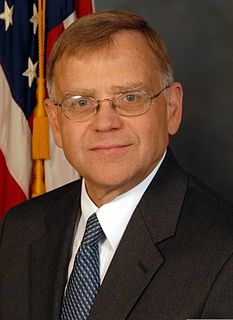A Quote by Ted Lieu
A comprehensive Syria strategy, ideally one that's more than 280 characters, remains a key requirement to protect U.S. interests in the Middle East.
Related Quotes
Peace in Syria is not only our priority; it's a Middle Eastern priority, and when the Middle East is stable, the rest of the world is stable, because the Middle East is the heart of the world geographically and geopolitically, and Syria is the heart of the Middle East geographically and geopolitically.
Sadly, a U.S. invasion of Iraq 'would threaten the whole stability of the Middle East' - or so Amr Moussa, secretary-general of the Arab League, told the BBC on Tuesday. Amr's talking points are so Sept. 10: It's supposed to destabilize the Middle East. The stability of the Middle East is unique in the non-democratic world and it's the lack of change in Iraq, Iran, Saudi Arabia, Syria, Egypt that's turned them into a fetid swamp of terrorist bottom-feeders.
Intervention in Syria is not an option. President Obama has already helped foment this civil war and supported the al-Qaeda jihadists. This is an explosive region, and more US intervention means more people will die. We should be choosing peace - not a new conflict. More so than anyone else, my supporters know that America cannot afford another unlawful, immoral war in the Middle East. Stand with me and tell President Obama to stay out of Syria.
Stated in the simplest terms, the recognized solution to the problem of foodborne illness is a comprehensive prevention strategy that involves all participants in the food system, domestic and foreign, doing their part to minimize the likelihood of harmful contamination. And that is the strategy mandated by FSMA. It is not a strategy that assumes we can achieve a zero-risk food supply, but it is a strategy grounded in the conviction that we can better protect consumers and the economic vigor of the food system if everyone involved implements reasonably available measures to reduce risk.
In the Middle East - and this is prior to the migration - you had almost no chance of coming into the United States. Christians from Syria, of which there were many, many of their heads ... chopped off. If you were a Muslim from Syria, it was one of the easiest places to come in (to the U.S.). I thought that was deplorable.





























